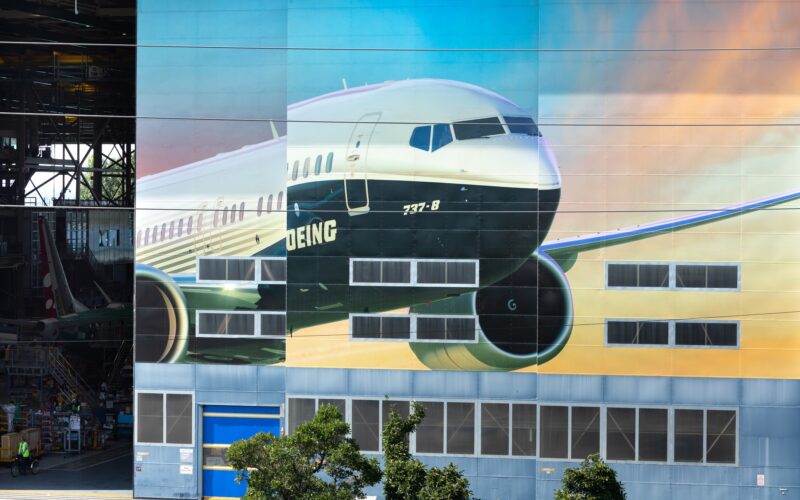Honeywell and Curtiss-Wright Obtain Certification for 25-Hour Cockpit Voice Recorder (CVR) and Flight Data Recorder (FDR) for Boeing Aircraft

Honeywell and Curtiss-Wright Corporation have successfully gained certification for their 25-hour Cockpit Voice Recorder (CVR) and Flight Data Recorder (FDR) designed for use in Boeing 737, 767, and 777 aircraft. Developed in collaboration between the two companies, these advanced recorders have recently received official approval, allowing airlines to place direct orders with Honeywell or Boeing for installation on their respective aircraft models. Notably, the certified CVR and FDR are now available on all production 737, 767, and 777 aircraft.
Boeing’s current production lineup includes the 737 MAX, 767F, and 777F models. While the production of the 777X had been temporarily paused during 2022 and 2023, there are potential plans to resume production in 2024, according to the company’s United States (US) Securities and Exchange Commission (SEC) filing for Q1 2023.
The newly certified CVR meets the European Union Aviation Safety Agency (EASA) requirements, which mandate a minimum 25-hour recording capacity of cockpit sounds for aircraft weighing over 27,000 kilograms (29.7 tons). Similar mandates have been issued by aviation authorities in Canada, Mexico, and Singapore.
However, it’s worth noting that the US Federal Aviation Administration (FAA) does not currently mandate a 25-hour CVR recording. The US National Transport Safety Board (NTSB) has been advocating for such a requirement to be imposed on manufacturers and airlines. This request comes in the wake of several near-miss incidents at US airports in 2023, prompting the NTSB Chair Jennifer Homendy to reiterate the importance of extending CVR recording times.
Presently, FAA regulations call for a 2-hour CVR recording capability and provide guidance to flight crews on safeguarding CVR data after an accident or incident. Nevertheless, due to the limited recording time, crucial CVR data often gets overwritten, rendering it unavailable for safety investigations.
The NTSB initially issued a recommendation in 2018, urging the installation and retrofitting of CVRs capable of 25-hour recordings. This recommendation followed a near-miss incident at San Francisco International Airport (SFO) in 2017, where an Air Canada Airbus A320 nearly landed on a taxiway with four aircraft lined up, awaiting departure clearance.
